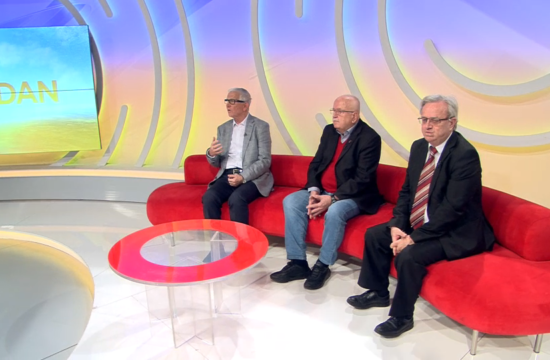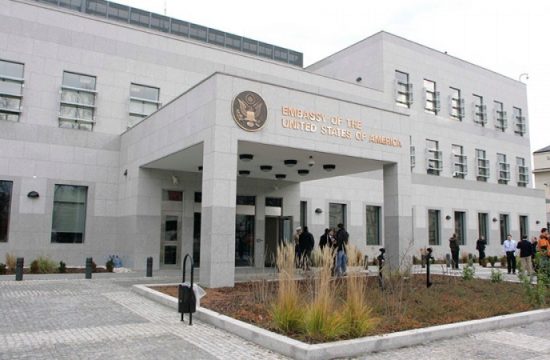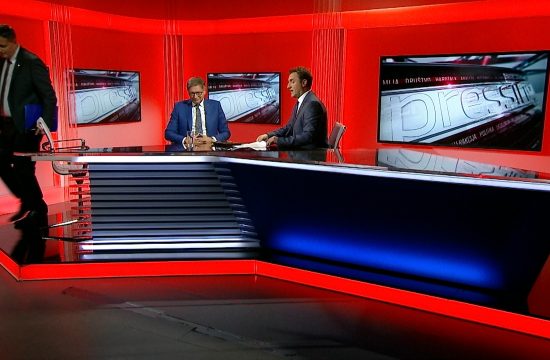Bob Ward, policy and communications director of the Grantham Research Institute on Climate Change and Environment, commented to N1 on the current state of climate change and recent events in the United Kingdom. Ward warns that climate change is happening rapidly and we need to take imminent action in an effort to curb threats that are emerging from the latest events. Pročitaj više
N1: Climate change is real and it's here. Some scientists were telling us that the climate change, which we are seeing at this moment, will come to Britain in the year 2050, but it came in the year 2022. What is happening? Why we are seeing this fastening of climate change, especially when it comes to Britain because your country has recorded the highest ever temperature of 40.3 centigrade, just 48 hours ago.
WARD: Heatwaves are increasing in frequency and intensity around the world. We're seeing many parts of the world now having record-breaking temperatures. The UK, as you said, has just had temperatures above 40 degrees for the first time, which has shocked a lot of climate scientists, even though they didn't expect it to happen so quickly, although they did expect it to happen because climate change is making these periods of heat more likely and, and more severe. And the previous record temperature of 38.7 degrees was set in 2019. So just within three years, we've set a new record and it's more than one and a half degrees higher than the previous record. So this is a sign that things are happening rapidly now, and it makes it very difficult to adapt to them, although we will have to, it also highlights the importance of the UK and every other country, reducing greenhouse gas emissions to zero, because only then will the climate impact stop growing.
N1: You said that we needed to make a change in our lives and make emissions lower, but we are already seeing results of this heatwave on infrastructure in the United Kingdom because A14, as I saw in reports of my colleagues in Britain, is looking like a skate park and trains are running 50% slower than it's usually, if I'm not wrong, the train from Leeds to London was going five hours instead of doing 2,5 hours. So how that change will be implemented in the future, what we'll need to do, especially in countries like yours, which are not used to having the temperatures like this above 40 degrees, or even more than that.
WARD: Some people have tried to argue that reducing greenhouse gas emissions, particularly by burning fewer fossil fuels is too expensive. But when seeing that there's a huge cost of not doing it. Britain cannot cope with these high temperatures. It has infrastructure that's built for the climate of the past, not the climate we have now or the climate we're going to have in the future. In the heat, lots of things, particularly materials expand. And as a result that causes a failure. So train tracks, when they expand, they may the metal, you get a buckling of them. And therefore trains can't run effectively. A lot of electrical wires, expand and you get failures of electrical switches. So all of these things will now have to be replaced with materials that can withstand the temperatures. It will be a huge cost. It will be hugely disruptive, but we have no choice because if we do not adopt, it's going to just make our lives worse. The earliest date that people are discussing for getting greenhouse gas emissions to zero as a globe, as the world is 2050. So that means for the next three decades at least, this is all going to get worse in the UK and around the world. And we're going to have to learn to cope better with these impacts.





Kakvo je tvoje mišljenje o ovome?
Budi prvi koji će ostaviti komentar!